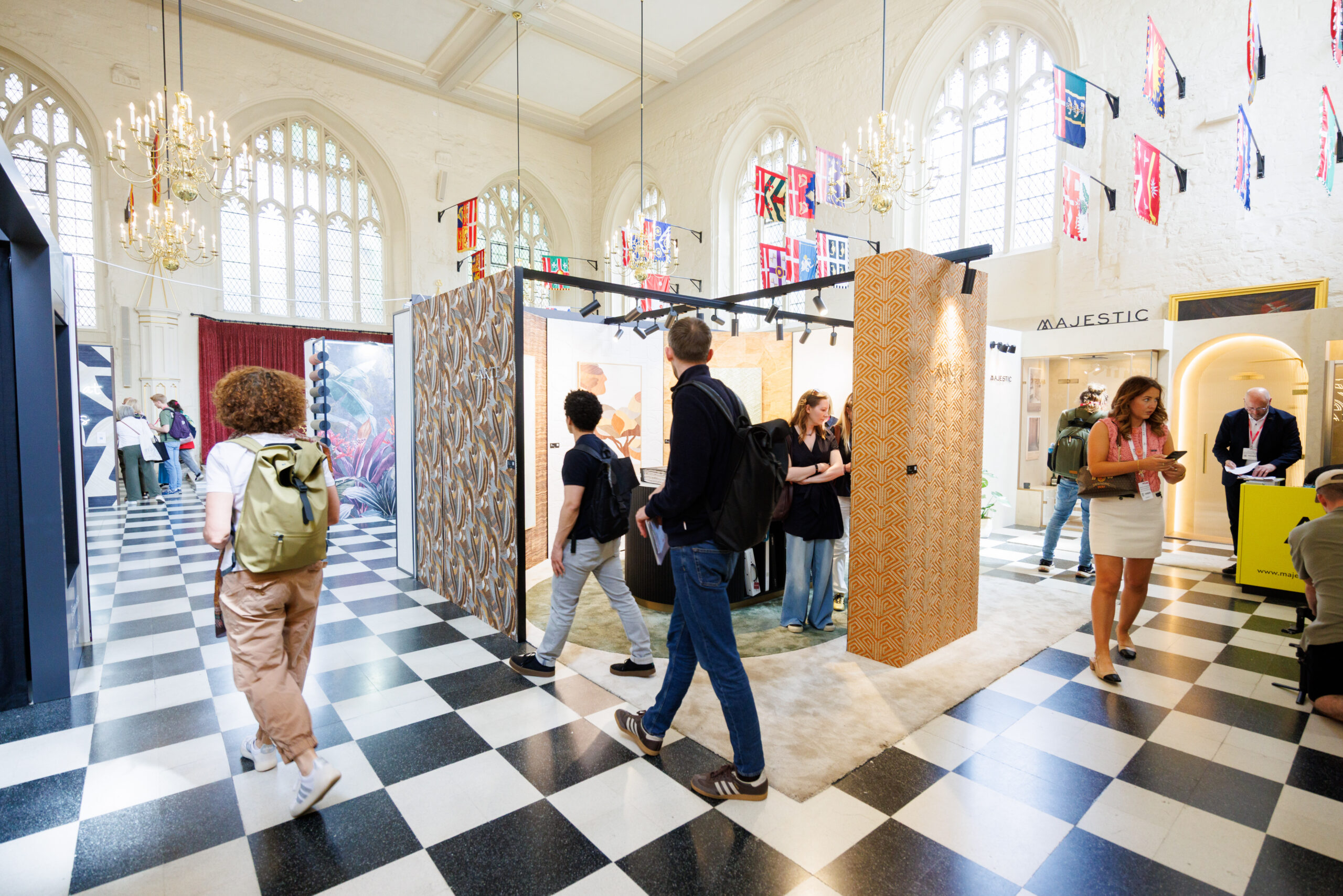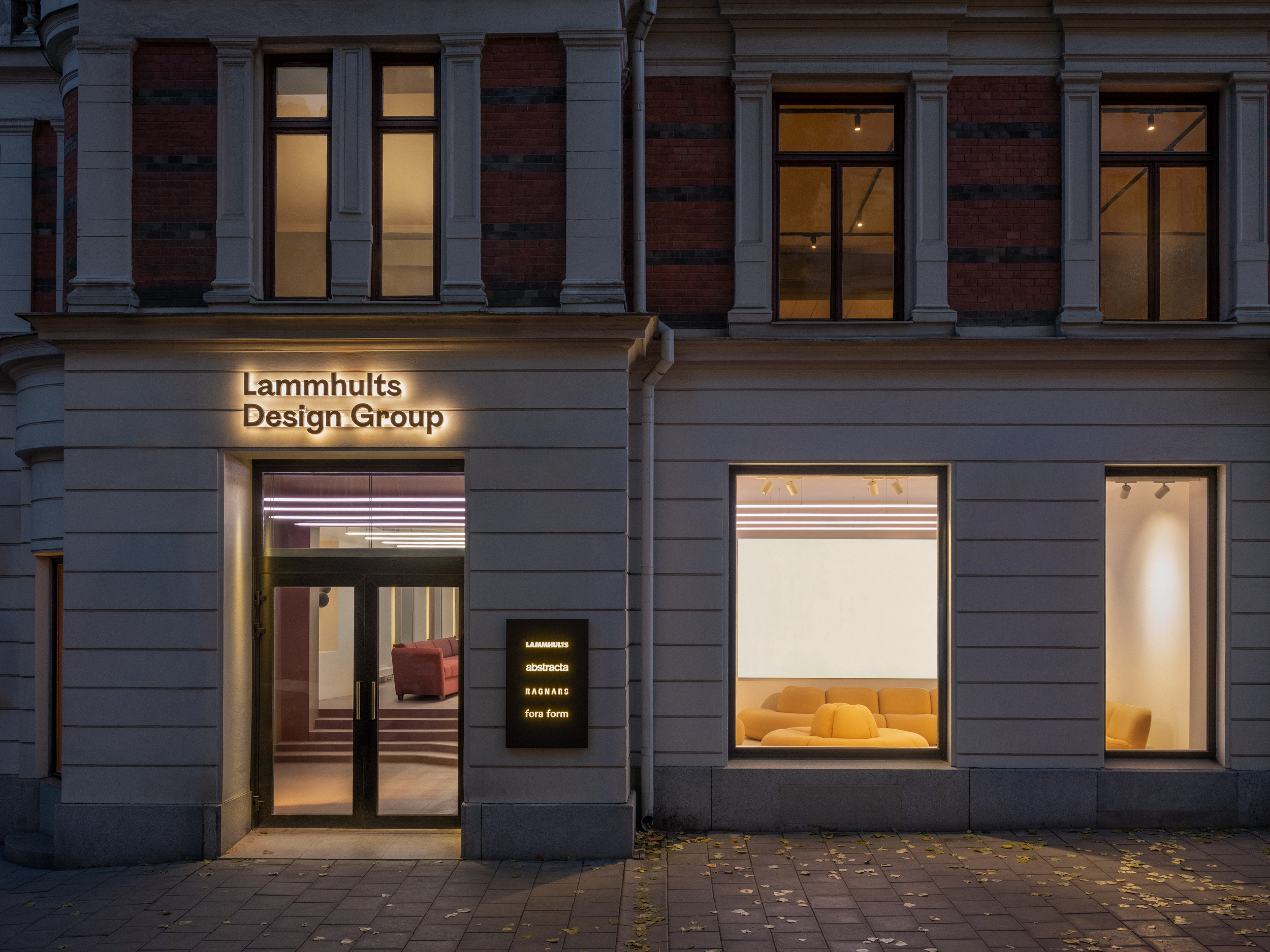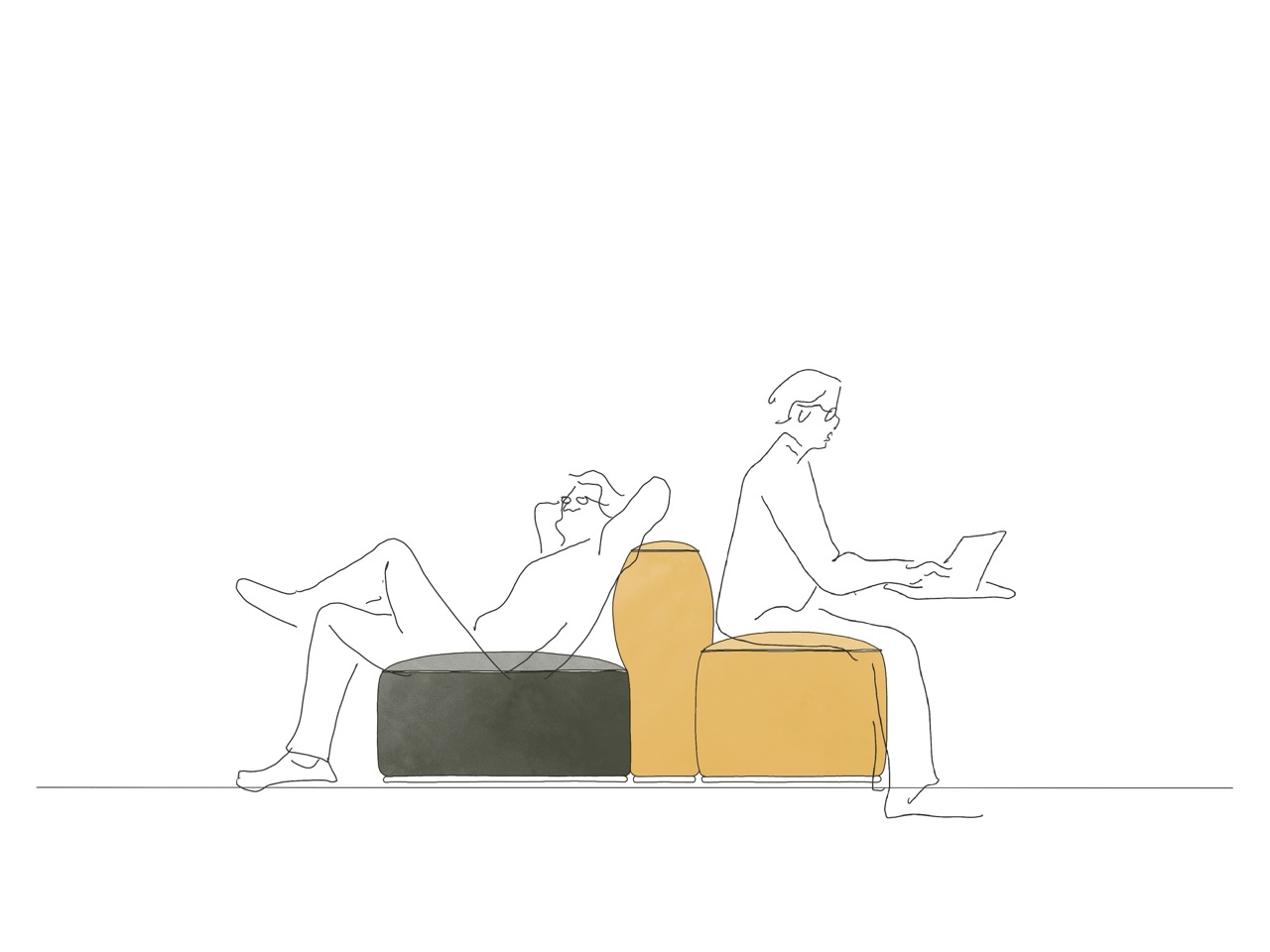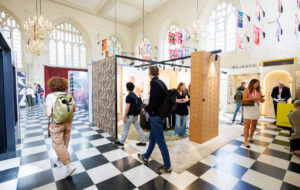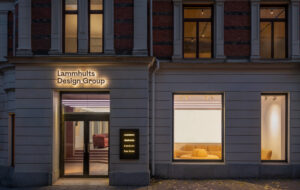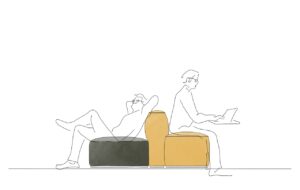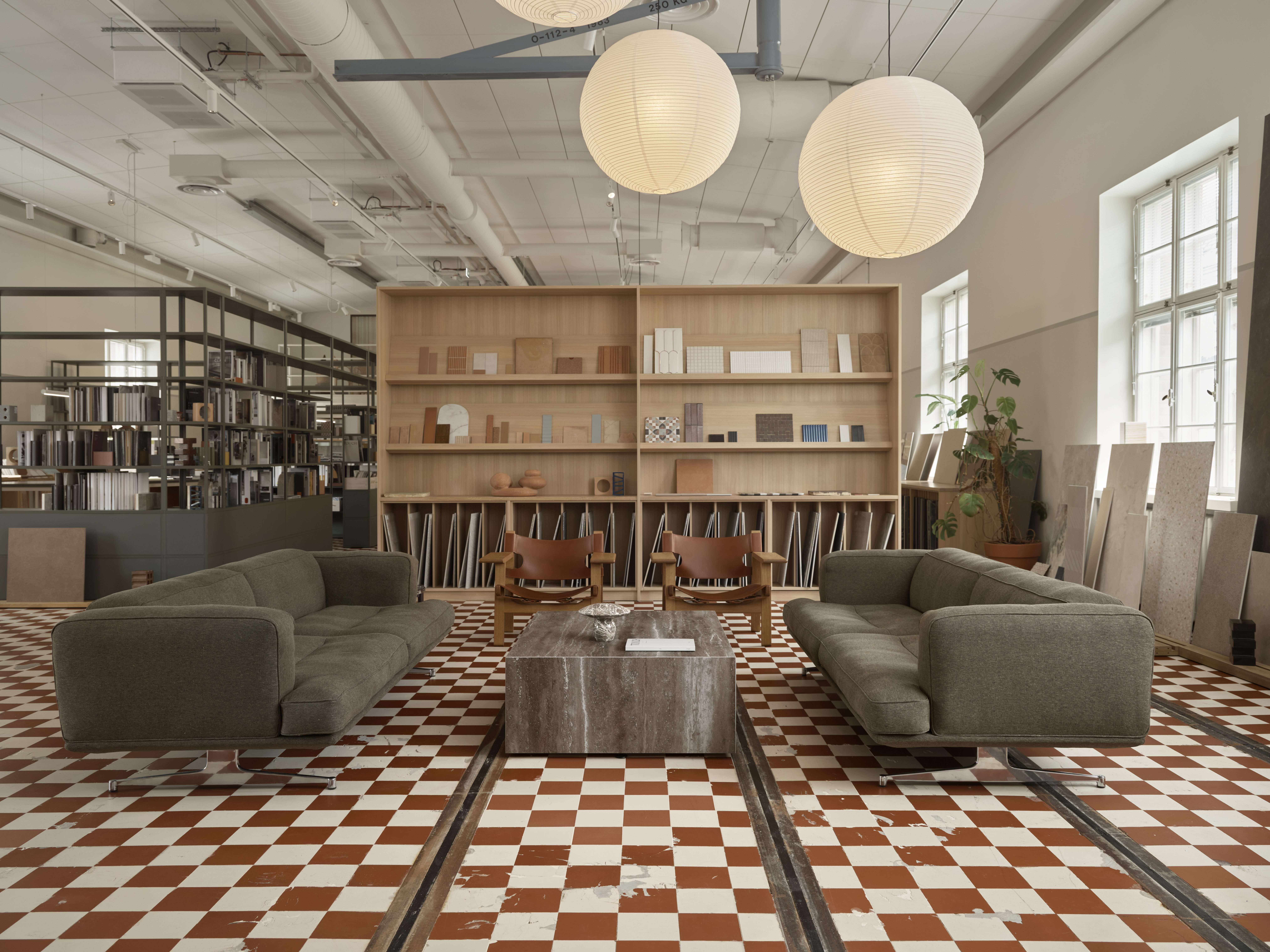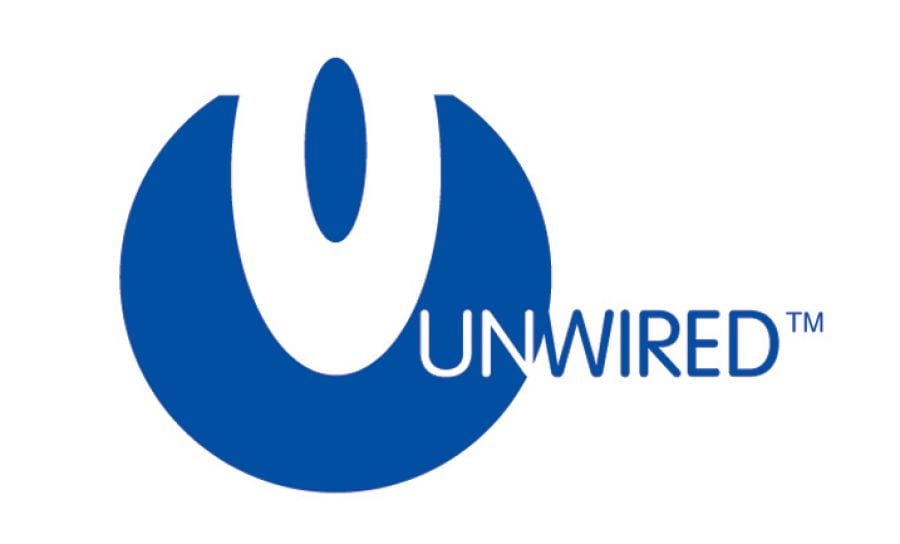
Unwired Ventures is holding two events at the end of this month that aim to explain the benefits of flexible working. Homeworking and newwaysofworking will take place on the 26 and 28 september respectively and will discuss topics such as activity-based working, workplace design and the advantages of working from home. Onoffice readers can get a 10% discount on both events by quoting a “onoffice offer” when booking. Find the details http://www.unwired.eu.com/
Unwired’s Antonia Mitchell spoke to three of the speakers who will be sharing their wisdom at either Homeworking or newwaysofworking.
Why “We’re special” is the biggest challenge to the architecture and design community (a tongue-in-cheek analysis)
By Antonia Mitchell, Unwired
I’ll admit to being slightly facetious in the title of this article, but in chatting with workplace innovation experts and newWOW pioneers, I’ve realised just how big a challenge the “human factor” can be for office redesign, especially when implementing new ways of working.
Massive amounts of time, energy and money are spent on the design of a workspace, its layout, furniture, and equipment, all in the pursuit of improved efficiencies, of making the workplace a more functional and beautiful environment for the people who use it.
But then the “buts” begin, as those who are worried about change think up lots of good reasons why they should be exempt from it.
Andy Lake of flexibility.co.uk sums it up perfectly: “In my own experience working inside companies, a particularly common challenge is the “We’re special!” argument, which is always an argument for no or minimal change. It’s an argument to be handled sensitively, but once you start giving in to it, a change project will die a death of a thousand qualifications.”
Next will come the “could we just…” questions, as some staff try to hold onto the familiar.
Can we keep those beat-up old desks? I can’t live without my massive storage cupboard (filled with copies of all my email correspondence from 1996)! How about we hang onto the broken photocopier – it might come in use some day!
Andy cautions: “Don’t let the cheesemongers or green zealots saddle you with a requirement to reuse furniture that is clearly not-fit-for-purpose – or inefficient buildings, for that matter. The answer is a clear business case of how space is being wasted by poorly designed desks, storage and meeting spaces – and what that wasted space costs.”
So how do you get employees to embrace the new opportunities available to them, and stop the all the design work that’s been done becoming nothing more than an expensive decorating job?
Andy recommends that designs must “involve designing for flexible and mobile ways of working; if not, it’s certainly wasting money!” He also recommends making the process of slipping into using the new design as simple as possible. “Base the new design on measured evidence on how the office is actually used, the where when and how of what people actually do and how they interact – and how it could be done more efficiently and more effectively with a range of work settings.”
Graeme Roberts, Intelligent Working Delivery Manager at RBS, told me about the challenges he’s faced over the last two years in maintaining new ways of working at the bank. “During the first 3 months of a live implementation there is a process of ‘bedding down’ and without the appropriate support and monitoring, you risk the business reverting to their previous ways of working. If the right level of support is provided during the first 12 months, the newly imbedded principles have a much higher chance of becoming ‘the norm’.”
“When we ask about this, ‘middle managers’ always come in for a bashing,” says Andy. “An unwillingness to manage in new ways, not trusting staff with increased autonomy and flexibility, managing by presence and so forth.”
But Andy understands the tremendous pressures that change can place on managers. “Often a huge amount of responsibility is placed on middle management to enact change, without their being trained or equipped to do the job properly – and at the same time having to deliver the usual business. Change involves risk to performance form their point of view – they’ve reached the position they are in by managing in a certain way, and fear everything falling apart.”
So what’s the strategy for getting around “We’re special” and delivering an implementation or redesign that delivers real value to the business and the staff?
1) Good design that fits with how people need and want to work.
2) Tossing aside what doesn’t deliver (no matter how long it’s been there).
3) Put your trust and support in the managers and staff.
Mark Thomas of Word Association, one of the leading PR Consultancies in the UK, has some simple advice gained from more than ten years of managing people remotely. “Trust people. You will be pleasantly surprised that most people will embrace the opportunity, work harder and be more productive.”
Andy Lake, Graeme Roberts and Mark Thomas will be speaking at homeworking 2011 or newwaysofworking 2011, both taking place in London in late September. Onoffice readers can get 10% off these events by quoting “Onoffice offer” when you book. Get all the details on www.unwired.eu.com.

